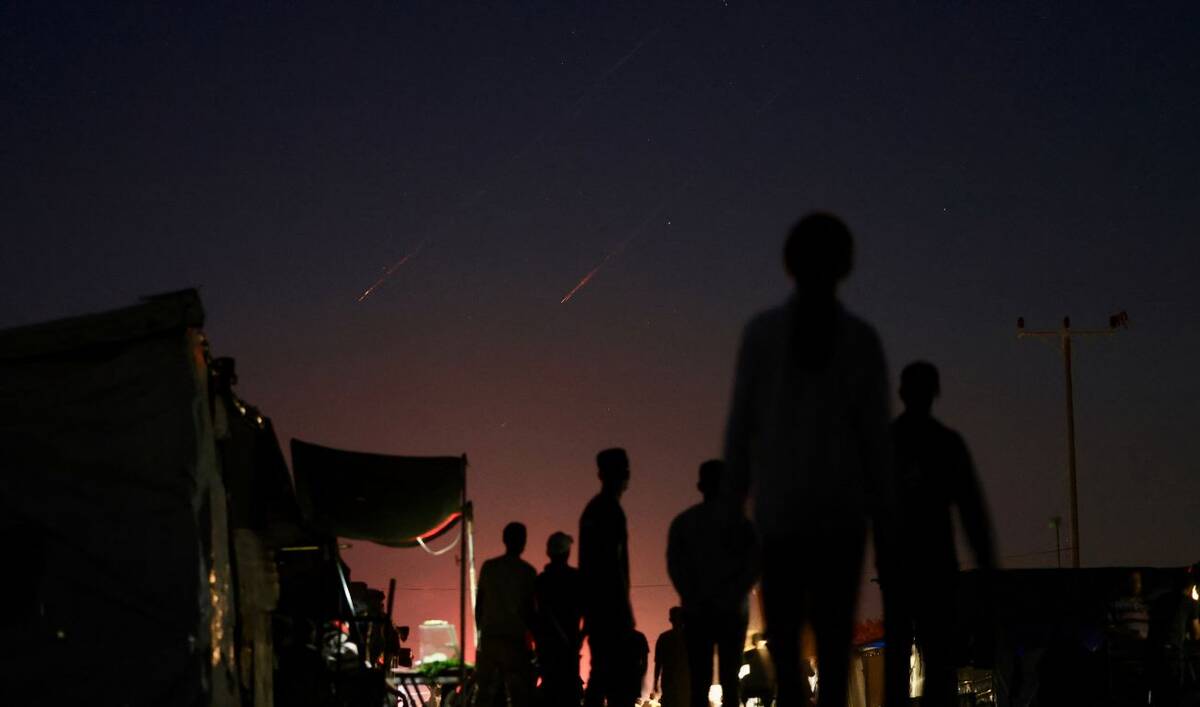ISLAMABAD: Finance Minister Muhammad Aurangzeb said on Monday the International Monetary Fund (IMF) had approved a $1 billion disbursement for Pakistan on “merit” despite India leaving “no stone unturned” to convince the lender to review the payout.
Pakistan secured a $7 billion bailout program from the IMF last year and was granted a new $1.3 billion climate resilience loan in March. Earlier this month, Pakistan received the second tranche of special drawing rights worth $1,023 million from the IMF under the extended fund facility (EFF) program, bringing disbursements to $2 billion within the latest bailout.Ã˝
The program is critical to the $350 billion economy and Pakistan has said it has stabilized under the bailout that helped it stave off a default threat.
India raised concerns with the IMF on its loans to Pakistan, asking for a review earlier this month as tensions soared after an attack on Hindu tourists in Indian-administered Kashmir that New Delhi blamed on Islamabad — an accusation it denies. The tensions erupted into military fighting as the two nuclear-armed nations launched missiles and drones deep into each other’s territories and exchanged gunfire on their de facto border, the Line of Control, until a ceasefire was announced on May 10. Nearly 70 people combined were killed on both sides of the border.
‚ÄúOur armed forces and political leadership, the way they stood up against the [Indian] aggression, the entire nation has celebrated it, and rightly so,‚Äù Aurangzeb told reporters in Islamabad.Ã˝
“At the same time, there was no stone left unturned in terms of ensuring that the [IMF board] meeting doesn’t happen and if the meeting does happen, then these items are not on the agenda, whether it’s the second tranche [of $7 billion loan] under the EFF or the RSF [Resilience and Sustainability Facility] of $1.3 billion in terms of our climate resilient facility.”
The finance minister said he was thankful that the IMF went on to discuss and decide the Pakistan case “on merit.”
Last week, India also announced plans to approach the global financial watchdog, the Financial Action Task Force (FATF), to place Pakistan on its grey list and said it would oppose a World Bank plan to focus $20 billion in lending to the cash-strapped nation over the coming decade on development issues like the impact of climate change as well as boosting private-sector growth.
Pakistan was removed from the FATF grey list in 2022, receiving a clean bill of health on terror financing, which significantly improved its standing with international lenders, crucial for its crisis-hit economy.
Ã˝

















